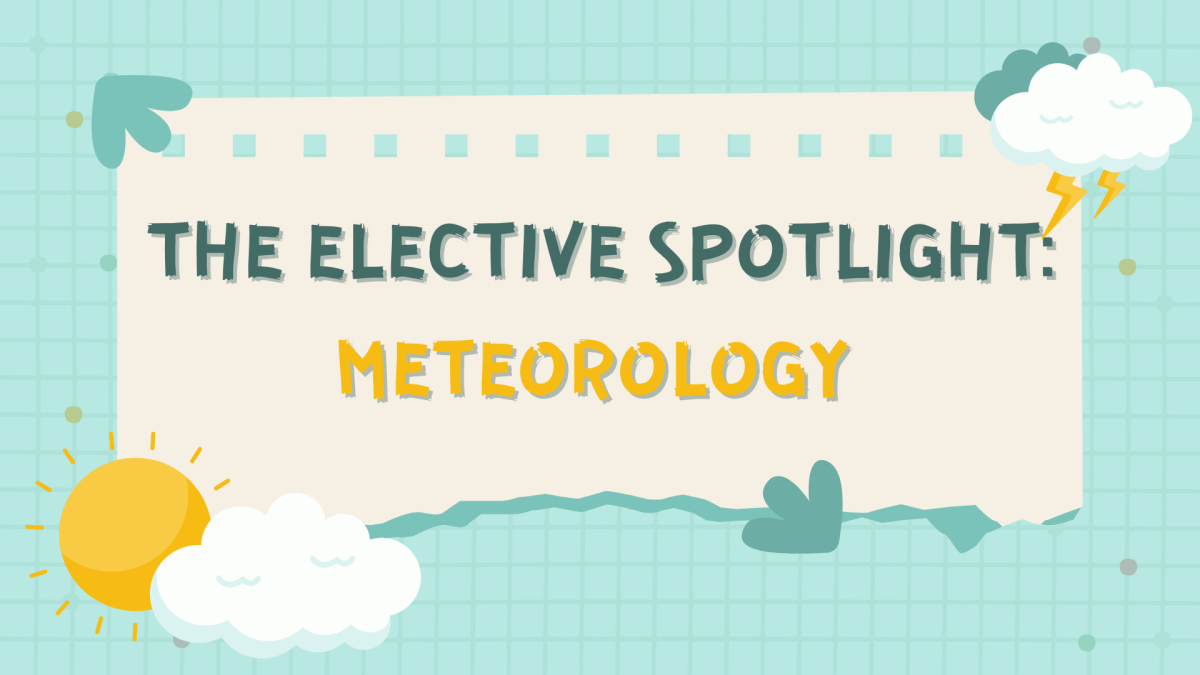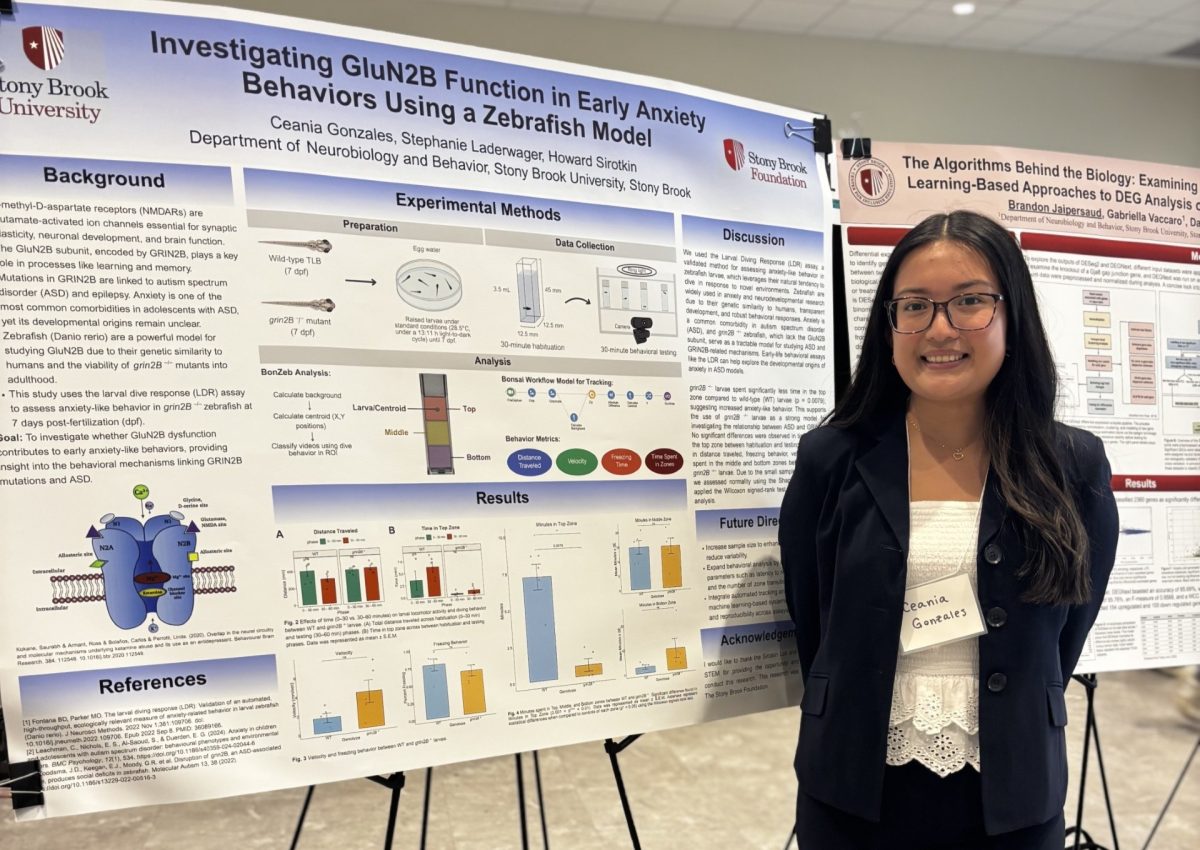With numerous electives being offered each year, it can be a challenge for students to decide which elective they want to pursue. Due to that, the Elective Spotlight aims to educate students on the different available courses and inspire students to branch out of their comfort zone and try something new.
For the first Elective Spotlight, we’ll be focusing on the half year science elective, Meteorology.
This course will either operate every day for the first two marking periods or will be a full year course which will meet on either an A or B day, depending on what fits into the schedules better.
This elective will earn any student who takes it one-half credit for science, which can be used to satisfy a portion of the science credits needed for graduation. However, this course is currently only offered to 10th, 11th, and 12th graders.
It is suggested that the students who sign up for this class should have previously completed or currently be enrolled in the Earth Science course.
But what is this course about? Well, meteorology is the study of weather, and within the class students will learn the different types of weather, how to predict weather, and facts about the climate.
This includes reading station models, learning about different weather variables and instruments, and developing an understanding of how certain weather phenomena work.
The Meteorology teacher, Mrs. Miller, claims she is, “most excited to teach about weather related natural disasters/hazards”.
She explains further how she is especially looking forward to teaching about tornadoes since, “this year especially, the occurrences of tornadoes and strong hurricanes is on the rise.”
Mrs. Miller also explains that the project she is most excited for is the final project, the acting meteorologist project. She explains this project as, “each student will research an area and create a 5-day forecast based on what they have learned in class”.
For students who have already taken Earth Science, most of the topics in Meteorology will seem very familiar. However, Earth Science classes do not go into the same amount of extensive detail as the Meteorology class does; nor, does it cover all the topics that will be covered in Meteorology.
“I really like how this class is able to expand upon the weather topics covered in Earth Science and broaden my understanding by going into deeper explanations.” says senior Sofia Labarbara who is currently enrolled in the course.
If you have an interest in the weather, like science classes, or just need a class to fill in a spot of your schedule, consider taking the Meteorology course!








